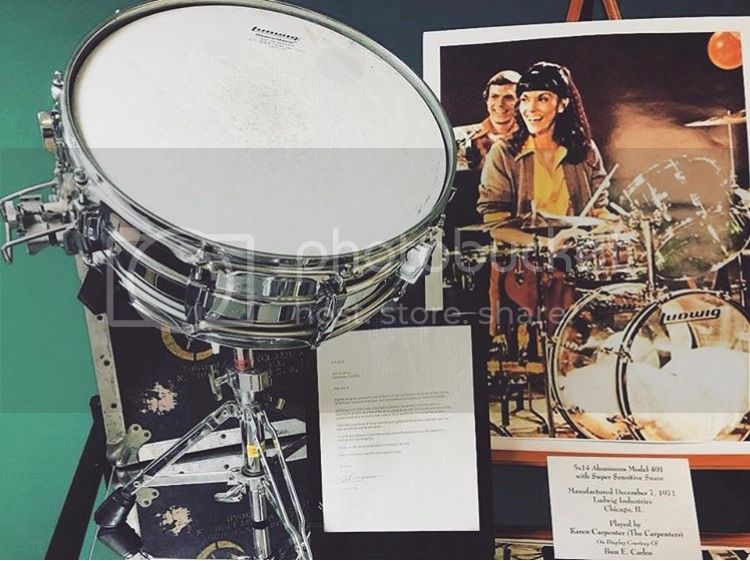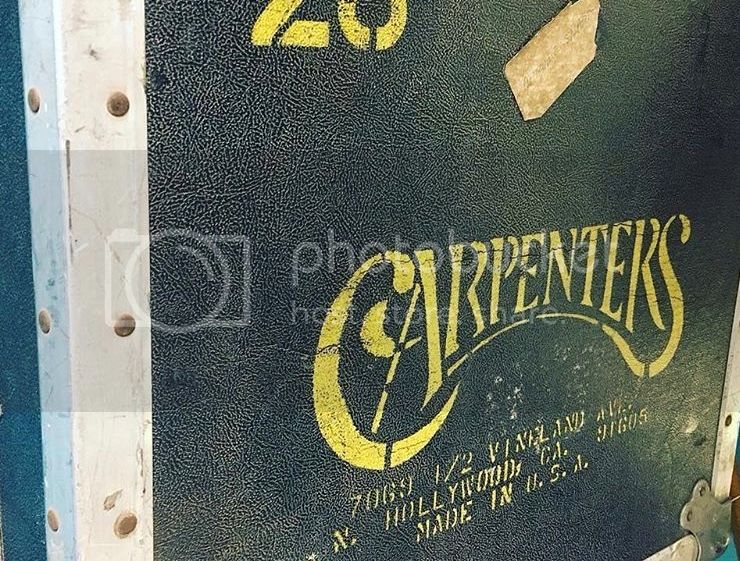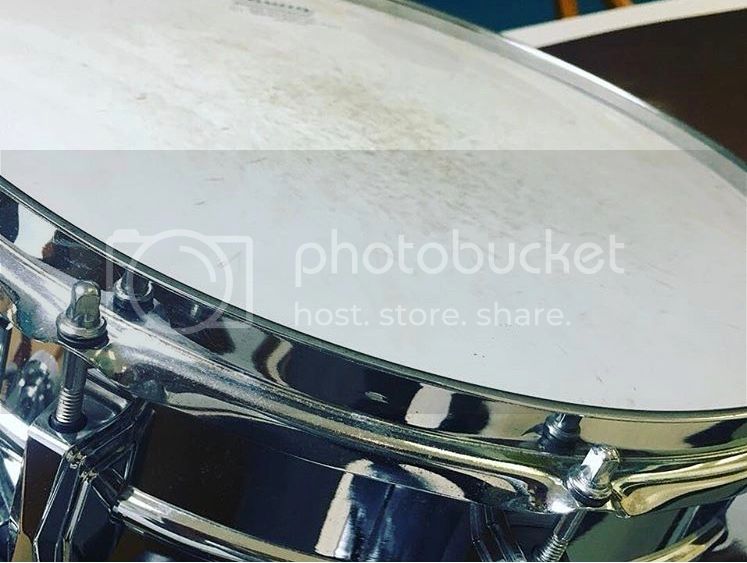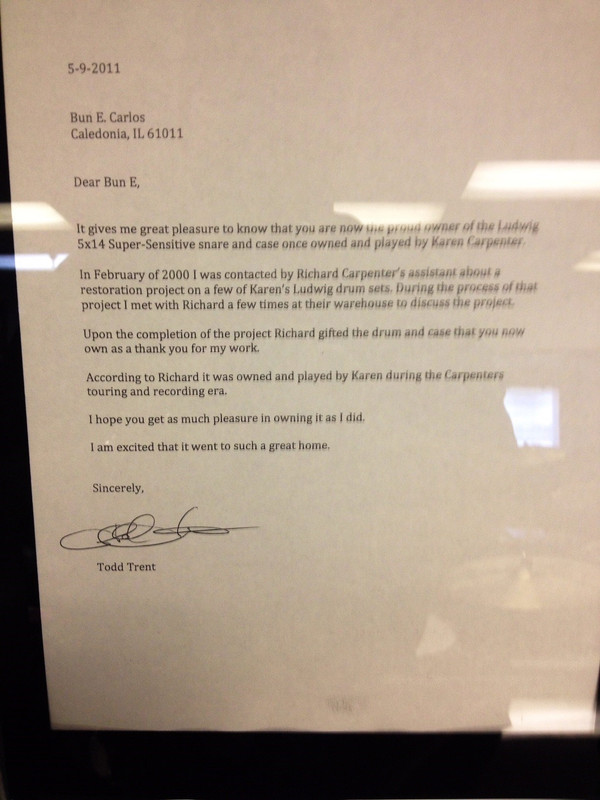Another Son
Well-Known Member
Australian Women in Music Awards recognise industry trailblazers at ceremony in Brisbane.
Dame Olivia Newton-John has joined fellow Australian music legends inducted in the Australian Women in Music Awards Honour Roll, with icon Tina Arena performing a touching tribute celebrating the singer-songwriter.Arena sang Newton-John's global-hit I Honestly Love You, rousing the crowd to a standing ovation as they celebrated both of the music powerhouses at the Australian Women in Music Awards at the Tivoli in Brisbane last night.
Newton-John, who accepted the award via video from her home in California, said she was thrilled and grateful to accept the award following after some of her favourite singers — Helen Reddy and Judith Durham.
"I want to encourage everyone to support the work of Australian Women in Music Awards, because diversity is everything," she said.
"There are so many talented women who have never thought about going into a certain area of the music industry, not just to sing, as well as producers, engineers, technicians, and there's a whole world waiting for them.
"Once one person does it, others will follow — lead by example, thank you so much."
Arena presents inaugural award
Following her tribute to Newton-John, Arena spoke of the challenges she has faced throughout her career, saying she had learnt so much about the discrimination in the industry."The preying on the vulnerability of artists is something that is really quite pathetic in the day and age in which we live, so it is our duty to speak up about it.
"But it is also our duty, I feel, to bring change with love."
She presented the inaugural Tina Arena special impact award to Dina Bassile for her work creating disability access at live music and arts events.
Bassile thanked her friends, family and "every single conversation" with artists with disabilities who have listened to her.
"And people who have listened to me and heard my voice and been willing to make the change to being more inclusive and more accessible to the disability community," she said.
For championing new opportunities for those often under-represented in music, and for her own talent, disability activist and musician Eliza Hull received the diversity in Music award.
Yorta Yorta woman Deborah Cheetham AO was honoured with the Queensland government's lifetime achievement award, for her devotion to the industry as a soprano, composer, educator and leader in the arts for more than 25 years, accepted on her behalf by Premier Annastacia Palaszczuk.
The event, the first held in two years due to the pandemic, also included artists and music professionals speaking about the significant toll the years of COVID-19 had wreaked on the industry.
Change-makers recognised
The room fell silent as "Little Pattie" Amphlett spoke about the imbalance of power women face in the industry.AWMA founding executive producer and program director Vicki Gordon created the change maker award, presented by Little Pattie, to recognise the brave women who have fought against bullying, sexual harassment and bad behaviour in the industry.
The award was presented to Tamara Georgopoulos, who spoke out about sexual harassment at Sony Music, and independent artist Deena Lynch, who performs as Jaguar Jonze, who spoke about sexual assault publicly, for sharing their stories publicly.
The crowd was entertained with musical performances by Sahara Beck, Dizzy Doolan and Barkaa, Emma Donovan & Kee'ahn, Montaigne, and Sandy Evans and Satsuki Odamura.
Newcomer Martha Marlow was recognised with the emerging artist award, while the songwriter gong went to Tania Doko.
The ceremony at the Tivoli also honoured the many talented women working behind the scenes to make Australia's best music happen.
This year Frontier Touring's Sahara Herald received the music leadership award, celebrating her contribution to the industry.
The creative leadership award went to musician and festival director and programmer Emily Ulman.
Calls for more women in off-stage roles
Live creative production award, presented by Brisbane singer-songwriter Katie Noonan, was awarded to Kait Hall, who said it was the first time she had been in front of the lights at the Tivoli."It's really quite exceptional to be recognised creatively in the industry, we often get overlooked for these kinds of things, so to have someone understand the importance of what we do to bring your vision as songwriters to the stage is really quite an honour," Hall said.
"I'd also like to ask that all of the women that are in this room that get to make the choices about how they will be creatively represented on stage, whether that sound of vision or writing, please consider creating a diverse environment in your crew.
"Very little has changed in the two decades I've been doing this … nearly always, I am the only woman, front of house."
By Antonia O’Flaherty, From ABC News web site, May 19th, 2022.




